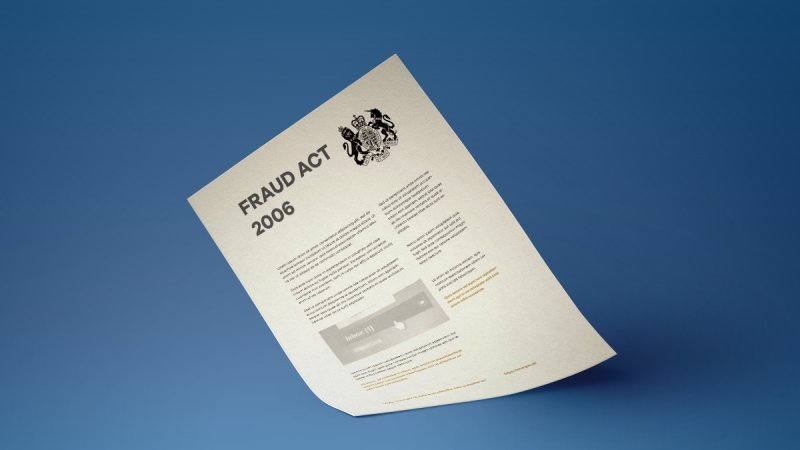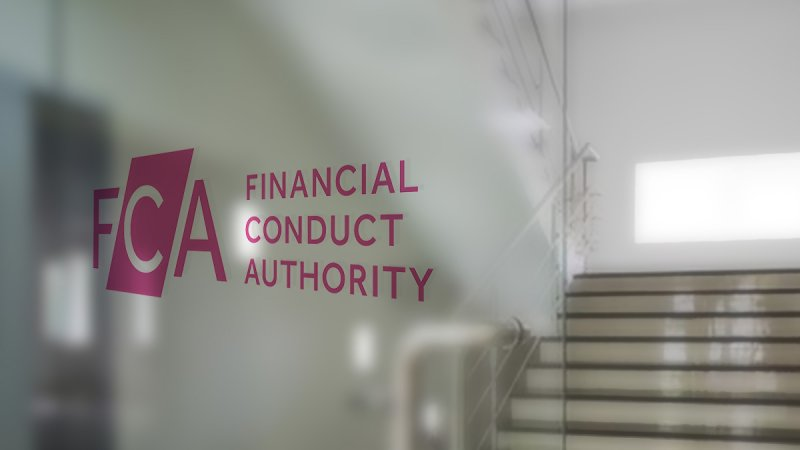What are the Consequences of Fraud?

Our Fraud Courses Fraud is a criminal offence conducted through dishonest practice with the intention to gain a benefit for the fraudster. Accordingly, the consequences for fraud offences are taken seriously and implemented rigorously. The administered consequences increase in relation to the offence which has been committed. Severe fraudulent crimes can be subject to harsh repercussions, such […]
How to Report Fraud

As a victim of fraud, you have the potential to suffer crippling repercussions, which can assume the form of financial and reputational damage. If you suspect that fraud has taken place, report it straight away so you have the best opportunity of mitigating the consequences. In the UK, there are many bodies that have been established with […]
How To Detect Fraud

Due to the serious repercussions that can follow fraudulent activity, such as financial loss and reputational damage, it is important that you detect fraud as soon as it has occurred. There are many different forms which fraud can take, and we are required to be vigilant of all of these forms. There are safeguards which can be […]
How Can You Prevent Fraud?

For an individual at home and a business with employees it is important to prevent fraud from occurring. To prevent fraud, it is necessary to commit to a preventive procedure, which will include being aware of the different forms of fraud which can take place, and then subsequently implementing all of the necessary safeguards which […]
What does FCA Regulated Mean?

Related Courses The Financial Conduct Authority (FCA) takes responsibility for regulating all financial services industries in the UK. To protect customers, increase market integrity and promote healthy competition, the FCA has three operational activities including authorisation, supervision and enforcement. This means that financial service providers, investment firms, and consumer credit firms must be authorised. Additionally, […]
What are the Results of Treating Customers Fairly?

Related Courses Anyone who deals with distributing products or services to customers must ensure that the customers are treated fairly. The Financial Conduct Authority (FCA) oversees the financial, professional and ethical conduct of financial service providers. Through their Principles for Businesses and criteria for Treating Customers Fairly (TCF), the FCA aims to help companies understand […]
What are the Market Abuse Regulations (MAR)?

The Market Abuse Regulations (MAR) are a set of robust regulations, enforced across the European Union (EU) to actively reduce the rate of market abuse in the industry and to protect individual investors and consumers. The MAR came into effect on 3 July 2016 across EU member states and is subsequently enforced in the UK […]
What are the FCA Principles for Business?

The UK financial services firms contribute hugely to our economy, so we must be able to trust them. The primary objective of the Financial Conduct Authority (FCA) is to regulate and manage the conduct of these firms to protect consumers and the economy. This involves a broad range of roles and responsibilities, which are outlined […]
What are the Key Points of MAR?

The Market Abuse Regulations (MAR) was created in July 2016 to enhance and harmonise the EU regime on market abuse. The key points of the MAR focus on the types of market abuse which will not be tolerated and how to identify and avoid market abuse. The MAR also increases the scope of existing offences […]
Will GDPR Apply after Brexit?

The General Data Protection Regulation (GDPR) is a European Union (EU) law governing the processing of personal data. ‘Personal data’ is information about any living, identifiable person, whilst ‘processing’ refers to what the data is used for and the way it is treated (e.g. it may be stored on a server) once it has been […]


